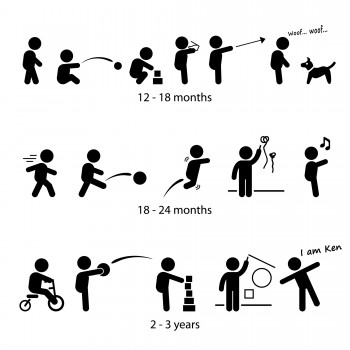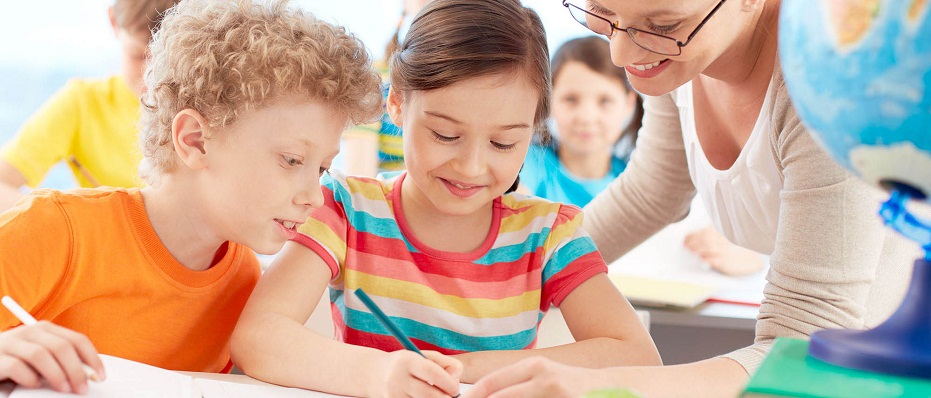What You Can Do to Help Your Child Achieve at Each Stage of Development
- 18 July 2020
- Posted by: ryan
- Category: Tutoring
What is Child Development?
What is child development? Child development is that psychological, emotional, and physical changes that occur in humans between birth and the end of adulthood. Child development stages are unique for every child. Children do not progress through the same stage at the same rate. Child development stages may be influenced by genetic or environmental factors.

Child Development Stages
The following are an overview of the physical, social, and emotional development of children at different ages.
Birth-2 Years Old
The first stage of child development is from approximately age’s birth to 2 years old. During this stage, children begin exploring things with their hands and mouth. Crying is the primary way that children this age communicate when needs are not being met. Your child should be able to imitate facial expressions, and smile by three months of age. A 2-year-old should be able to say and respond to simple words and phrases.
Ages 3-5
During this age, a child’s world grows. They begin to make friends and connect with adults outside of the family. They become more mobile and verbal. Children this age like to explore and learn about everything. It’s a critical time in their development, and environmental factors play a central role.
Ages 6-9
Your child becomes more adept at things at this stage. Children at this stage become more aware of the differences between boys and girls. It’s common for them to want to play only with friends of the same sex at this stage.
Children of this age enjoy many activities. They might begin to feel embarrassed about participating in activities if they feel that they are different than other kids. It is important to provide reassurance and encouragement to children during this stage of development. Helping your 6-9 year old develop good feelings about themselves is very important at this stage.
Ages 10-14
Children this age are experiencing remarkable changes. It is normal for them to experience mood swings because of all of the changes. They may be anxious about fitting in socially. Children this age often worry about personal traits that are important to them, but not noticeable to others. They have a growing ability to see the consequences of their actions and are beginning to think about who they are. While they are more able to think like adults, children at this age don’t have the judgment and experience needed to make adult decisions. Acceptance and reassurance are very important at this stage of development. It is important to encourage involvement and interest in community activities and school. Strong support will help a teenager develop the self-esteem that they need to make good choices.
Ages 15-18
Teens’ at this stage are preparing for adult responsibility. Your teen is beginning to develop greater independence at this stage. It is important to pay attention to your teen’s thoughts about the future. Respect and support their decisions. Encourage your teen to participate in activities that they are good at. Help them get involved in the community, and identify other caring adults who can positively influence their continued development and provide healthy support.
The Importance of the Environment on Child Development
What a child learns from the environment greatly influences their development. Throughout all stages of development, children need support and guidance to reach their maximum potential. If a child struggles at school and perceives that they are not capable, then this will affect their ability to make progress. Having support can make a significant impact on a child’s self-esteem and development.

Programs such as skills training or tutoring provide the support those children at all developmental levels to achieve their maximum potential. One program ICAN Education offers individualized programs to guide children in all areas of development. Confidentially reaching their goals will help ensure that children have the self-esteem to achieve to their full potential.
